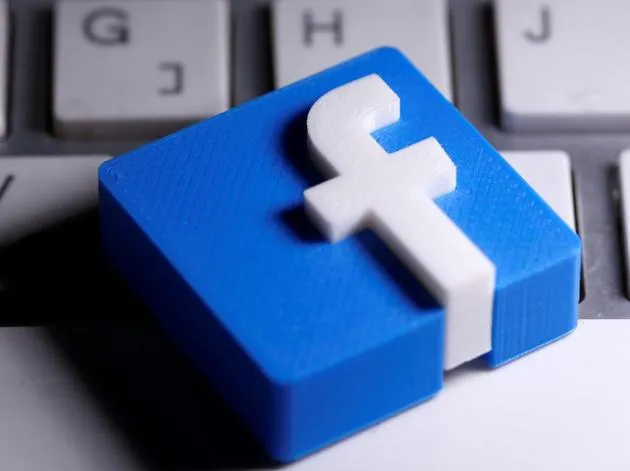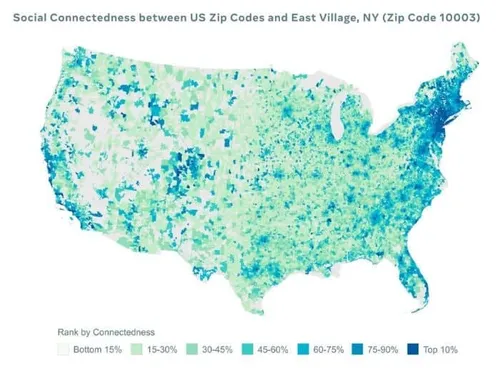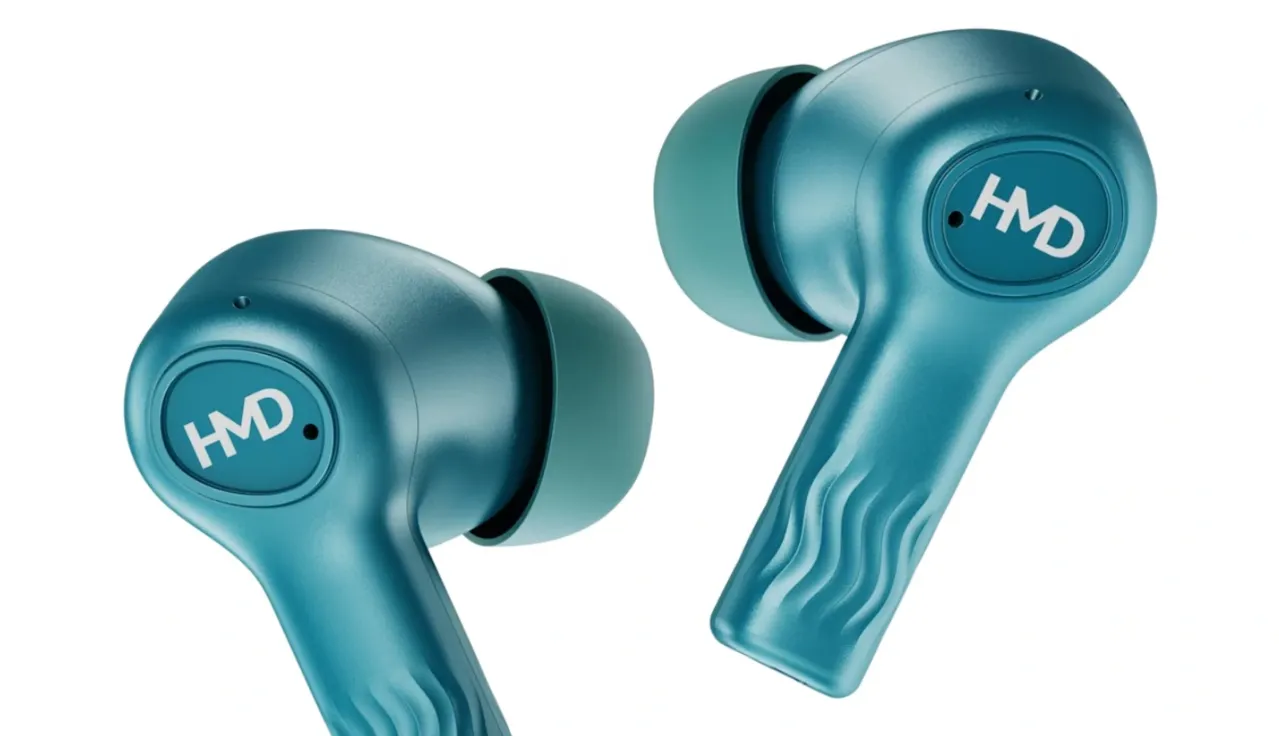Facebook Will Provide More Data To Researchers For COVID-19 Surveys
FacebookTuesday, 07 April 2020 at 08:55

Facebook said on Monday that as part of the Carnegie Mellon University’s self-reported ‘Heat Map’ project for the new coronavirus infection, the company will begin investigating the health of some American users.
The social media giant will display a link at the top of the user's news feed to guide them to the survey. Researchers say the survey will help them predict which areas need medical resources. Facebook said that if this method is feasible, it may also provide this survey to users in other countries.
Google, as a competitor of Facebook in the mobile advertising field, last month began to conduct a user survey for this project of Carnegie Mellon University through its award-winning survey application (Opinion Rewards). It allows users to earn app store points.
Facebook said in a blog post that researchers at Carnegie Mellon University ‘will not share user personal survey results with FB, nor will Facebook share user personal information with researchers.’
The company also said it will begin to provide new categories of data to epidemiologists through its Disease Prevention Maps program. The plan is currently sharing aggregate location data with new coronavirus epidemic partners in 40 countries. Researchers use these data to provide officials in these countries, as well as a few cities and states in the United States. They provide up-to-date information about people moving between different regions.

What Else Is Facebook Offering?
In addition to location data, Facebook will also provide a ‘social connection index’. The latter shows the probability of users in different locations becoming Facebook friends with each other. They are summarized by zip code. Laura McGorman is in charge of Facebook's ‘Data for Good’ project. She said the index can be used to assess the economic impact of the new coronavirus. It will reveal the communities most likely to receive help from neighboring areas.
In addition, Facebook said the new ‘co-location maps’ can also reveal the possibility of contact between people in different regions.
Popular News
Latest News
Loading






